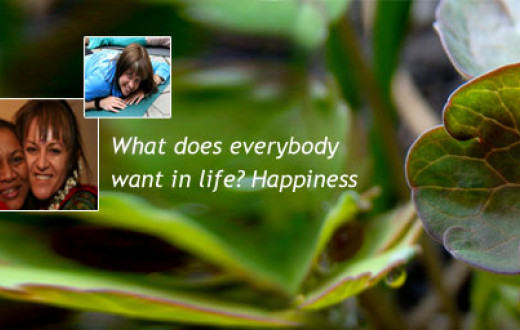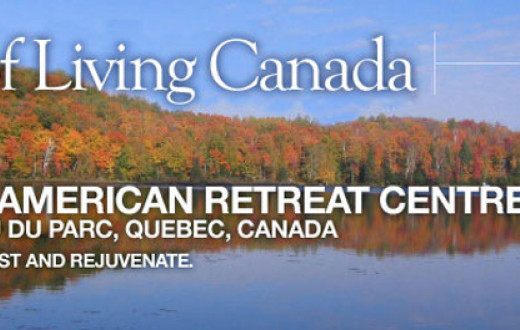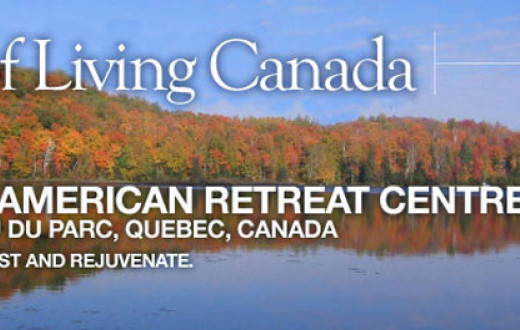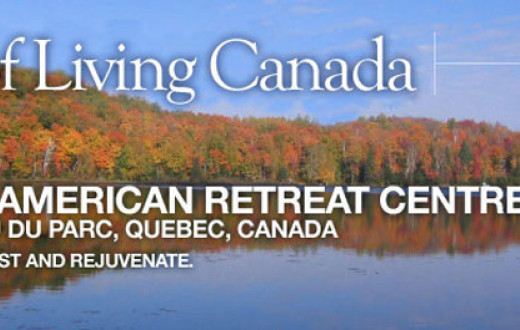The World Forum for Ethics in Business (WFEB) held its international leadership symposium on business ethics in the European Parliament in Brussels on 30 November. The symposium, which was entitled Rethinking Capitalism , brought together top business leaders and political figures to discuss the strengthening of human values and ethics in the business world , and how to shift the debate from advocacy to action.
Following the event, the WFEB President, Rajita Kulkarni, answered New Europe’s questions about the symposium, and how the current debate can be translated into action in the future.
First of all; can you give a brief outline of what you learned from the conference, and where World Forum for Ethics in Business (WFEB) might take these ideas on in the future?
What I learned form the conference is that there is a huge global awareness about the need for ethical business and ethical leadership. It was great to see leaders from across all sections of society coming together to share their experiences and to reinforce their commitment to be ethical leaders.
The WFEB’s 8th International Leadership Symposium on Ethics in Business was structured in a very interactive format, allowing for active participation, discussions and ideas from all the delegates and speakers. At the end of the conference, we were able to come up with a very solid charter of actions around the themes of Leadership and Education, Integrity and Ethics in the Workplace and Open Contracting, which we would like to take ahead in the coming years. WFEB has also resolved to create a vibrant global community of practice and towards that we will introduce a number of engagement mechanisms like regular newsletters, WFEB partnership opportunities, satellite conferences around the world and more.
Four meeting dates for 2013 have already been announced to elaborate on an ethics curriculum that will take into account views & inputs from stakeholders across all sectors.
( February, Bangalore, India; April, Netherlands; May,Washington DC; June, Berlin.) Few satellite conferences are already in the process of finalisation for 2013 (for exampl,e India, Slovenia, Switzerland). This will further create global advocacy for ethical business.
The title 're-thing capitalism' is ambitious: Is capitalism simply one specific business/financial model, or does it mean different thinks to different people? How piratical, then, is it to simply overhaul existing structures?
Right here in Europe, five of the region’s countries – Greece, Portugal, Ireland, Italy, and Spain – have, to varying degrees, failed to generate enough economic growth to make their ability to pay back bondholders the guarantee it was intended to be.
The crisis has far-reaching consequences that extend beyond their borders to the world as a whole. The BRICS have seen their economies slow significantly. And what is the full humanitarian impact of this economic crisis? On food costs, fuel costs, the effect on social securities, health and infrastructure development because of financial austerities of Governments? The Arab Spring, The India Against Corruption, The Occupy Wall Street movements sought to bring attention to issues of social and economic inequality, greed, corruption and the undue influence of corporations on government.
This is good enough indicator that Capitalism in its traditional form is not serving us any more. And at the core of some of these crises is a breakdown of ethics, a breakdown of human values .The theme of our conference this year was intended to challenge us, provoke us, inspire us, on Rethinking Capitalism. Mahatma Gandhi famously said that “There is enough in the world for everyone’s need, but not everyone’s greed.” This is so true for us today.
If we don’t Rethink Capitalism now, it will lead to great societal unrest and anarchy in the world. It may not be easy, but it we have to begin.
Can you tell me a little about what you define by 'a values-based approach to capitalism'?
Some values are universal, for example, fairness, honesty, integrity, transparency. It is about each one of us to bring our core values to the work place and to conduct ourselves at work as we would conduct ourselves at home, and more importantly how we would like our children to conduct themselves. Ethics begins at the individual level; no system can be ethical if its players are not. Spirituality can help blossom these values in an individual by helping him rid of stress and have a calm, stress free mind. Ethics is not in a office cubicle or policy manual, it is a core value inside each of us.
To inspire and promote ethical conduct, the WFEB has created an oath of ethics that individuals can take on WFEB’s homepage.
How is this different fro current thinking on corporate social responsibility (CSR)?
Clearly there are some organizations, like Tata in India, and Unilever and Volkswagen AG in Europe, who have embedded CSR as their corporate culture and therefore we have even awarded them with the WFEB Ethics in Business Award.
However, for many organizations, CSR today remains a lip service, something which is good to have. This needs to change. If organizations get in touch with every sections of society they will be able to serve their stakeholders better and will be able to create culture of contribution rather than accumulation.
And when this culture permeates throughout the organization it enables employees to even work more ethically towards their goals because they think what they can contribute rather then only their personal gains.
How can these values infiltrate decision-making - a top-down leadership approach, or from a wider discourse, say through fora like the one in the European Parliament?
I believe when an individual’s mind is calm and stress free, he/she naturally acts in a fair and ethical manner. So we have to begin with ourselves.
One of the prestigious partners of WFEB, the International Association for Human Values (IAHV) has developed a fantastic leadership program, which offers powerful tools, techniques and knowledge to enable leaders to become stress free. When you are stress free, you are more aware & connected to yourself thus connecting easily with others. This becomes the basis of creating strong teams, which can then commit and take responsibility for the organization.
The unique approach of WFEB is to bring together leaders and stakeholders from all sections of society (public sector, private sector, NGOs, media, academics) and share these ideas on a common platform so that they can take them back, integrate them and benefit from them in their own life and business.
The WFEB conference offers a powerful platform of interaction, which then leads to inspired action for a sustainable impact. Leaders have the responsibility to lead by example.
We are living in a global business environment - what can different cultures, with a different spiritual approach to life, teach each other with regards to ethics in business?
What the worlds needs today is to think global and act local.
Now, if not ever, is the time for us to appreciate and honour the good from every part of the world and have a holistic way of life. This will build tolerance and an appreciation of each other’s points of view, and build a bigger sense of connectedness.
Corruption happens only outside our boundary of connectedness. A lack of connectedness or sense of belongingness breeds corruption in society. No one can be corrupt towards the people they belong to.
Technology has enabled us to connect with somebody 1000 of miles away but we are loosing human touch with our own neighbours, colleagues at work .Spiritually can help us bridge this gap. By reviving human values of caring, sharing and compassion, it can bring a sense of belongingness to every individual that cuts across the prejudice of nationalities and religions.
According to Gurudev Sri Sri Ravi Shankar the founder of WFEB, we need 5 Cs to combat corruption:
connectedness, a bigger sense of connectedness to every section of society; courage to stand up and do what is right; compassion for the lesser served in the world; caring and sharing, rather than selfish personal accumulation and a cosmic understanding of life- of the bigger purpose of life & the short life span we have to achieve it. No matter how much we accumulate, we don’t carry it along when we depart!
If we have this broad vision and understanding of life, our actions will most surely be more ethical.
























